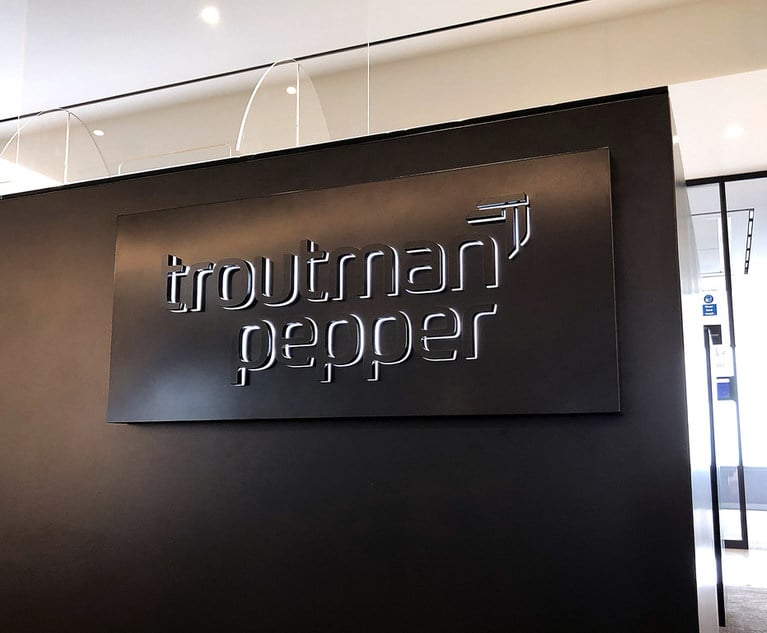On Sept. 13, Mayor Jim Kenney struck a last-minute compromise with city council before its fall session began later that day, concluding the debates—for now—on two controversial real estate issues in Philadelphia: the 10-year tax abatement program and the proposed 1 percent construction tax on new construction and major renovations. The start of city council’s session marked the deadline for Kenney to either approve or veto the construction tax bill recently passed by city council. Before the council session began, Kenney and city council reached a deal that breathed new life into the tax abatement program and dropped the proposed construction tax bill. As part of the compromise, Kenney agreed that tax revenue from properties with expiring abatements under the tax abatement program would fund affordable housing projects and, in return, city council agreed to withdraw the construction tax bill. On Oct. 4, city council passed legislation cementing the compromise, which also added an inclusionary zoning bill that could provide tens of millions of dollars for affordable housing.
To recap the history, in Philadelphia, a property owner must pay property taxes on the assessed value of the property, being the combined value of the land and any improvements. However, under Philadelphia’s 10-year tax abatement program, property owners of newly constructed or rehabilitated properties are entitled to a 10-year tax abatement on the value of the newly constructed improvements. This means that property owners continue to pay property taxes on the property’s land value and any pre-existing improvements, but not on the added value of the new construction for a period of 10 years.


 Left to right: Ian M. Livaich, Megan E. Moyer and Martin J. Doyle of Saul Ewing Arnstein & Lehr (Photo: Courtesy photo)
Left to right: Ian M. Livaich, Megan E. Moyer and Martin J. Doyle of Saul Ewing Arnstein & Lehr (Photo: Courtesy photo)




